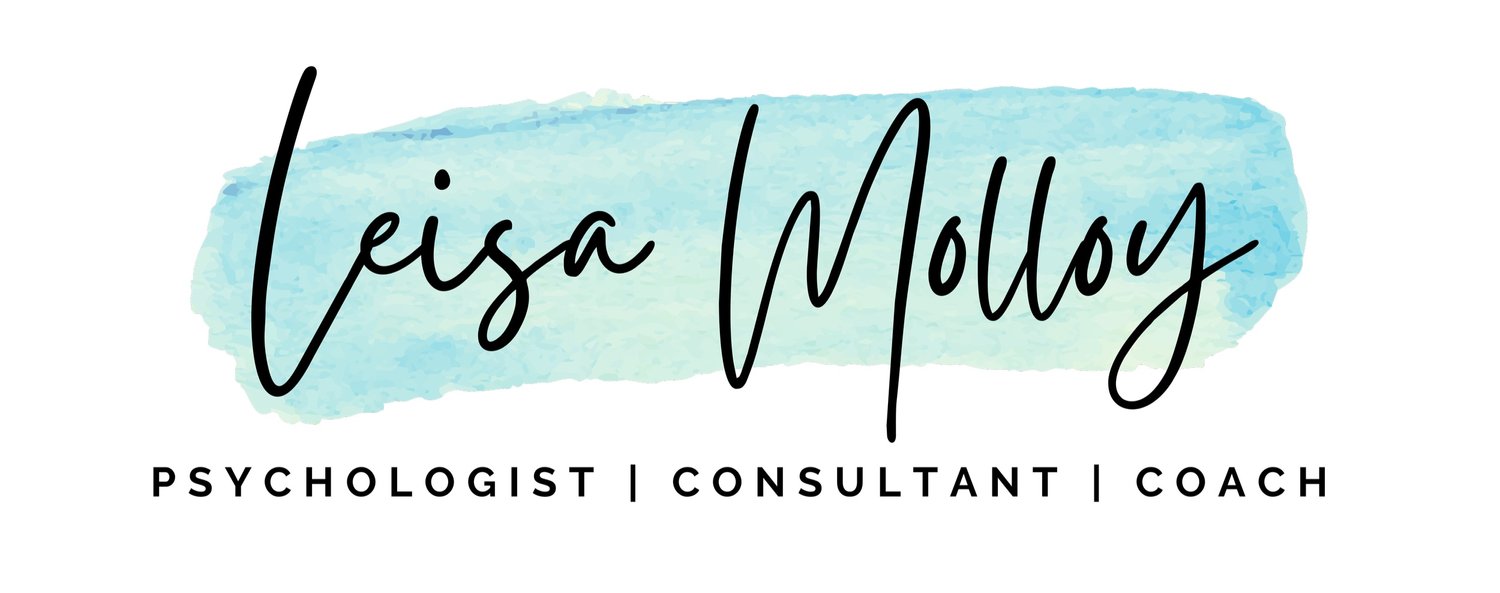On Emotional Agility, Coaching Skills, and your Curiosity "Superpower"…
Every month I send out a newsletter including resources, freebies and insights for leaders who want to be more skilled, self-aware and ‘human’ in their approach to handling relationships and navigating important workplace conversations. Most include topics relating to trust, psychological safety, emotional intelligence, communication, and connection.
This is the content from the April 2021 newsletter - enjoy! And be sure to sign up for the newsletter if you enjoy this kind of content :-)
How well do your leaders ask, listen, and empathise?
This is one of my favourite articles on the skill and 'art' of coaching. In particular, I love the focus on three core skills or practices that are beneficial for any leader – Ask, Listen, and Empathise. The article outlines some common challenges leaders face when learning these skills – such as struggling to engage in focused listening, or worrying that "empathising is equivalent to excusing poor performance" (which it isn't).
Personally, I'm a big believer in the value of all leaders developing skills in these areas, and often work them into my programs as a result. In my workshops I often share a few anecdotes about my early experiences as a Lifeline counsellor, where I was blown away by the fact that simply listening, empathising and 'being there' could have such a powerful impact on others.
As an FYI there are a few parts of the article that require a little reframing to adjust to our post-COVID world, but it's still a worthy read - you can find it here.
Does your organisation need better bosses?
This McKinsey article includes a deep dive into some research on the importance of strong, compassionate and trusting relationships between employees and their managers.
The key message? These relationships have a much bigger impact than many would realise, with potential flow-on effects for overall feelings of well-being and life satisfaction. Be sure to read the section on "how bosses can change", where the authors describe four different leadership practices that contribute to creating an environment where employees feel psychologically safe and able to do their best work.
You can find the high level briefing here and then follow the links or click through to the longer article here.
Can you master the inner game of leadership?
This article highlights the fact that leadership can be confusing at times, and often involves embracing a series of paradoxes to "make sense of all the whiplash-inducing advice". Leaders need to be both demanding and compassionate, optimistic and realistic, confident and humble - and so on.
It's a thought-provoking read for those who are new to leadership, or are struggling with these conflicting demands and challenges. It's also a good reminder that managing the subtleties of different situations often requires flexibility, self-awareness, and social and emotional intelligence.
Have you unlocked your curiosity "superpower"?
By now many of you would know that Michael Bungay Stanier is one of my favourites when it comes to sharing great content!
As always, he delivers up some great insights in this podcast discussion about making easy versus hard behavioural changes, and the science (versus myths) behind building new habits. Michael also talks about how curiosity can become a "leadership superpower", drawing on some of the great content shared in his books. My favourite part was his very insightful comment on the fact that "there's no safe and easy way to navigate complexity."
You can listen to the podcast via the Making Positive Psychology Work website, or here on Spotify or Apple podcasts.
How emotionally agile are your leaders?
This two-part conversation has been my absolute favourite listen this month - it's packed with insights that extend well beyond those shared in Susan David's book Emotional Agility (also worth reading). She and Brené Brown talk about the problems associated with "toxic positivity", and the power of learning to more effectively identify, label and accept our thoughts and emotions - using them as "data, not directives".
As a psychologist I often end up having conversations about the role of emotions in the workplace, weaving some of the evidence-based principles underpinning Susan David's work into my programs.
The episode comes in two parts - you can find them here and here via the Dare to Lead website (or navigate to the podcast via Spotify).
What makes this conversation feel difficult?
This month I'm sharing a resource that I use in some of my workshops on navigating challenging conversations. It's a simple worksheet that can be used in any situation where it's worth taking a few minutes to pause, step back, and reflect on some of the potential challenges associated with an upcoming "difficult" conversation - rather than jumping right in!
While not an exhaustive list, the prompts may help to identify what exactly feels most difficult, and where some extra thinking or preparation could be helpful. Anyone who has attended one of my workshops has heard me talking about the value of taking a more deliberate, considered approach to tricky conversations - this tool was designed to make that a little easier.
Thanks for reading! Feel free to share with anyone who might find these insights helpful, or want to sign up and join the community.






